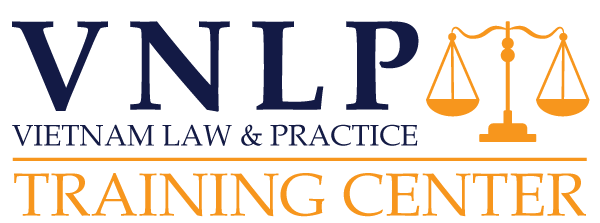The attorney-client privilege is intended to protects a private relationship and promote accurate legal advice and compliance with the law. Knowing when the attorney-client privilege is established is critical for lawyers and clients to avoid legal malpractice and clients’ information disclosure.
The attorney-client privilege applies to corporations and as individuals, and to both in-house and outside counsel. Some jurisdiction do not recognize the position of in-house counsel. Attorneys employed by corporations may be denied attorney status and, therefore, are unable to form an attorney-client relationship.
As soon as an attorney-client relationship is established, the attorney-client privilege belongs to the client. If the client is a corporation, the client is considered to be the legal corporate entity and not its individual directors, officers, or employees. Furthermore, shareholders are also not able to overcome a corporation’s attorney-client privilege. However, since a corporation can only act through these individuals, it is the question whether corporate communications are privileged. The courts in U.S have developed several tests to answer that question.
Professor Wigmore suggested that each of the eight elements must be satisfied to determine existence of the attorney-client privilege: (1) Where legal advice of any kind is sought (2) from a professional legal adviser in his capacity as such, (3) the communications relating to that purpose (4) made in confidence (5) by the client, (6) are at his instance permanently protected (7) from disclosure by himself or by the legal adviser, (8) except the protection be waived.
Judge Wyzanski subsequently restated the elements in his often quoted definition in U. S. v. United Shoe Machinery Corp:
The privilege applies only if (1) the asserted holder of the privilege is or sought to become a client; (2) the person to whom the communication was made (a) is a member of the bar of a court, or his subordinate and (b) in connection with this communication is acting as a lawyer; (3) the communication relates to a fact of which the attorney was informed (a) by his client (b) without the presence of strangers (c) for the purpose of securing primarily either (i) an opinion on law or (ii) legal services or (iii) assistance in some legal proceeding, and not (d) for the purpose of committing a crime or tort; and (4) the privilege has been (a) claimed and (b) not waived by the client.
Even though not being widely accepted, formulations of the attorney-client privilege have the following elements in common:
1. existence of a communication;
A communication can take any form, including written or spoken words or words conveyed through electronic means, such as a telephone or tape recording or social networking. Nonverbal communicative acts, such as a gesture or facial expression, may also qualify as communications if intended to convey information. Documents and other materials that are not communicated but that are prepared by the attorney or client in anticipation of, or to facilitate, the provision of legal advice, may be protected in some jurisdictions.
2. communication made between privileged persons;
The privilege applies to confidential communications exchanged between the attorney and the client’s consultants, representatives, associates, or employees: (i) where those communications are made for the purpose of obtaining information necessary to provide legal advice to the client; or (ii) where the client’s employee or agent must act on that legal advice on behalf of the client.
In practice, this privilege become complicated and raises two special issues to corporations. The first issue is: who will be treated as an attorney for a corporation for purposes of the privilege. The second issue is: which persons acting on behalf of the corporation are the “client”, and can, therefore, engage in corporate privileged communications.
It is common understanding that the attorney-client privilege that attaches to communications between a corporate client and its outside counsel is controlled by the corporation’s management on behalf of the corporation. In other words, it automatically applies to the corporation’s specific employee whose duties is to provide information as a duty to perform their job for the purpose of securing legal advice for the corporation.
3. in confidence;
The confidence must satisfy two conditions: (i) the client expressed the intent that it was to be confidential and to be kept confidential; or (ii) the lawyer reasonably assumed the client intended the communication to be confidential. The determination of confidentiality is based on the facts and circumstances at the time of the communication.
4. for the purpose of obtaining or providing legal assistance for the client.
The attorney-client privilege applies only when the attorney is counselled to provide legal advice and in-house counsel must be acting in a professional legal capacity and not as a business advisor. In practice, in-house counsel often play dual roles as both lawyer and business advisor; therefore, determining where the privilege begins and ends would not be clear-cut. Because there are no judicially-accepted criteria to guide in-house counsel through determining when a communication is “primarily” or “predominantly” legal, but it is likely that a court might consider a specific communication or service of in-house counsel when it comes to determining legal purpose.
- Legal Internship - 8 October, 2024
- Skills vs. Knowledge – Which one is more important for lawyers - 5 October, 2024
- Lawyers’ Mentoring - 1 October, 2024

